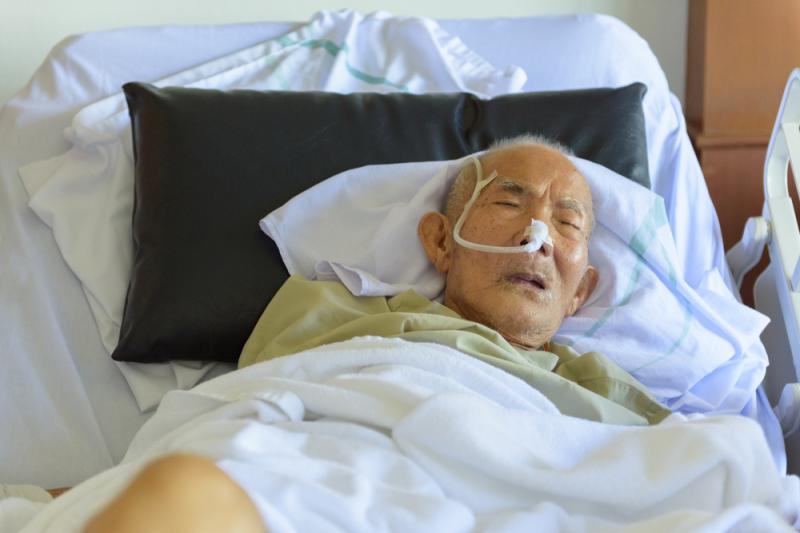
Depressive symptoms and low quality of life (QoL) are likely to occur in elderly patients with haematologic malignancies, a recent study has found.
Researchers conducted a prospective analysis of 200 elderly patients (mean age, 75.6±4.9 years; 64.0 percent male) with haematologic cancers. The Patient Health Questionnaire (PHQ-9) was used to evaluate depressive symptoms while the Generalized Anxiety Disorder (GAD) tool was used to evaluate anxiety symptoms. A parallel group of 225 healthy controls (mean age, 75.8±3.7 years; 59.6 percent male) was also included.
Overall depression was documented in 4.5 percent of cancer patients, as opposed to only 3.7 percent of community controls (p<0.001). In addition, moderate to severe depression had a prevalence of 16.5 percent and 9.1 percent in the respective groups. Anxiety, on the other hand, occurred at comparable rates between groups.
Patients also reported feeling more tired, having less appetite, having more sleep difficulties, and feeling slowed down relative to the community controls.
Hierarchical regression analysis revealed that ongoing chemotherapy, lack of partnership, and poor QoL were strong indicators of depression in elderly haematologic cancer patients, accounting for 67 percent of the total variability in depression. Role, emotional, cognitive, and social functioning were likewise important predictors, explaining 42 percent of the total variability.
“While we found several variables showing a strong association with depression, we cannot determine whether they are a cause or result of increased depressive symptoms,” said the researchers. “Longitudinal studies are needed to determine causality in levels of distress across diagnosis, treatment, and rehabilitation.”
“Gaining a clearer understanding of the trajectory of depression and anxiety as well as underlying cause-and-effect relations could greatly improve treatment and rehabilitation,” they added.